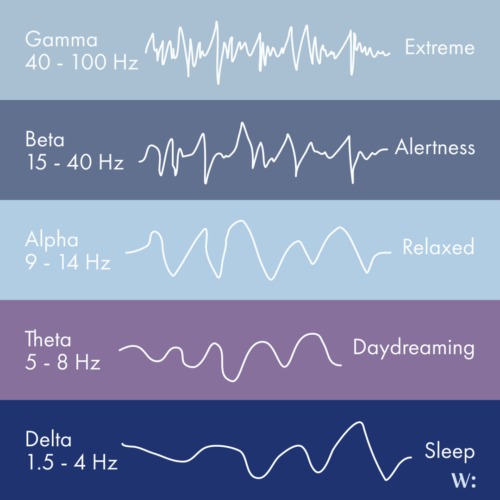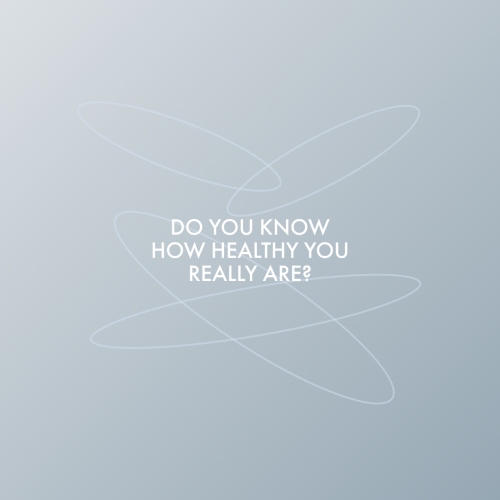Your emotions may not listen to logic. But they will listen to music
When you hit play on your favorite playlist, you know you made something out of the ordinary happen. The music fills you up with feelings. It’s warm relaxation. It’s empowering confidence. It’s melancholic drama. But did you know you can use the power of music for therapy? Research shows that it’s not less effective than regular psychotherapy.

Why is music so special
On a neurological level, our brain responds to music in a completely different way than to speech. Music is not speech, of course not, it’s something much more powerful – its emotions.
Sometimes it can be quite hard to express what we feel in words, let alone tangible ones. But that’s understandable, the underlying reasons for our feelings are locked up in the subconscious. Words and logic have no access to the subconscious, but music has.
When you grab a guitar, a cymbal, or a piano, when you stop your mind for just a moment and focus on what you feel, even the slightest sound vibration can make you shiver, or even shed a tear. You have just made the first step in figuring out your emotions. You have just made your subconscious speak.
And you don’t need to be a musician for this. As you continue hitting those notes, one by one, you might realize that you want to add some words to what you are playing. You want to express, you want to narrate. This is often the very basis of what’s called music therapy.
Like musicians compose their songs. You can also compose your song. The song of what’s on the inside – your feelings. And finally, music will help you crystallize that problematic thought that has been gnawing at your mind for the past week.
What is music therapy and how is it done
Psychotherapy is probably one of the most effective self-improvement tools out there. It helps us feel better, but also understand ourselves on a deeper level. Music therapy works the same way. And surprisingly, with the same level of effectiveness.
Researchers from all over Europe and China analyzed many studies to see just how effective music therapy is compared to psychotherapy. What they found is quite exciting. Music therapy may be as effective at treating mental health problems as psychotherapy is. Though, they tested it only for depression.
There are many types of music therapy, but usually, they involve you, a trained music therapist, and, well, music. During the session, you will be listening to or playing music. Or both. You might use music to compose a dialogue about how you feel or search for a sound that most describes your current emotions. You might connect with your sensations and impulses, and try to describe your memories, feelings, or the things which cross your imagination.
"The main goal is to try to express yourself as fully as possible, with as little of a filter as possible."
Finally, even though music therapy usually requires a trained expert, nothing is stopping you from trying it on your own. The key is to tune into a song, which will help you tune into what you feel. And then express that. In words, facial expressions, or just sounds. It might declutter your mind, just like journaling or talking to a good friend would.
To solve what’s in our subconscious we have to unlock our subconscious. And the key is music.
More from the magazine
Selected stories from our Team








